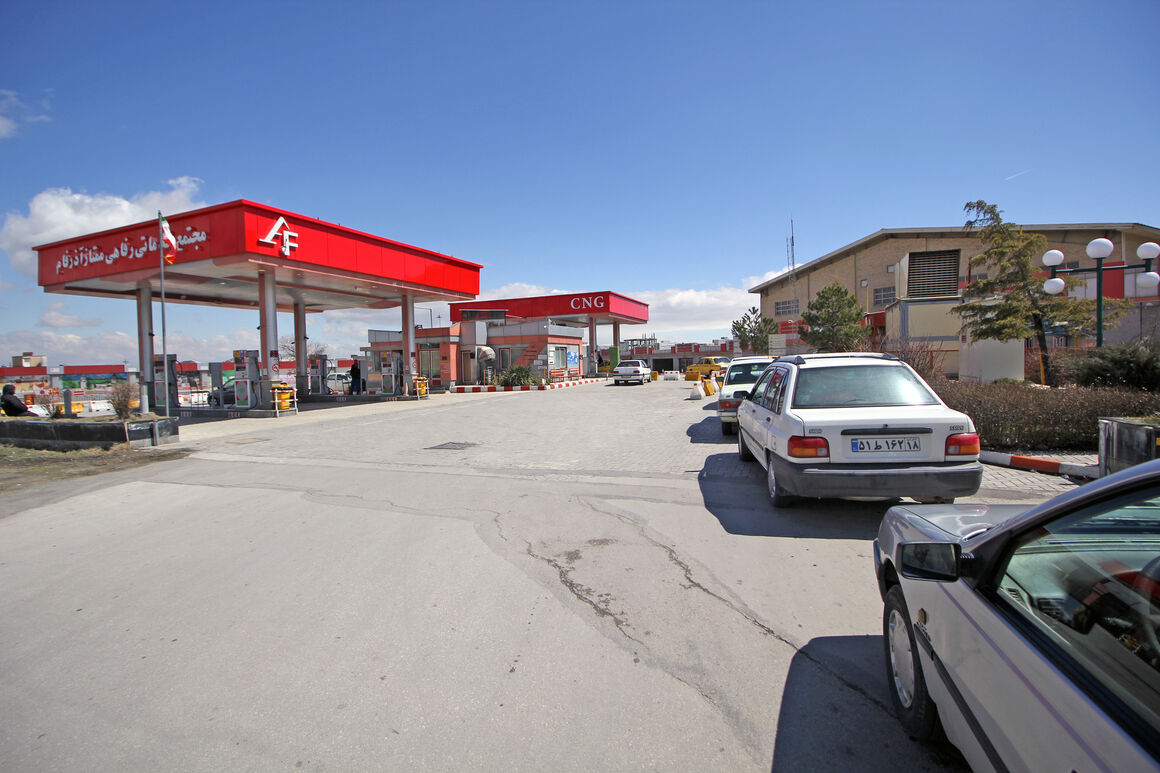Farshad Moqimi, speaking on Tuesday, Feb. 13, during the inauguration of several fuel diversification projects, compared the number of clean air days over the past two years. He noted that the number of clean air days dropped from nine in the Iranian year of 1402 to five in the current year.
Additionally, the number of acceptable air quality days decreased from 198 in 1402 to 179 in 1403, a reduction of 19 days. Meanwhile, the number of unhealthy days for all groups increased from 12 in 1402 to 15 in 1403, a rise of three days.
Moqimi identified several measures to improve environmental conditions, including modernizing the transportation fleet, diversifying the fuel mix, upgrading industrial facilities, and phasing out outdated vehicles.
He highlighted that there are currently 12,000 to 13,000 industrial units in operation that are over 20 years old, and their modernization could significantly reduce emissions and fuel consumption.
The deputy minister also pointed out that 128,000 vehicles were scrapped in 1403, compared to approximately 77,000 in 1402.
He noted that there are currently 41 million vehicles in operation nationwide, 53% of which are outdated, totaling 22 million vehicles that exceed standard fuel consumption levels.
Moqimi highlighted the collaboration between the Ministry of Industry, Mine, and Trade and the Ministry of Oil to replace conventional fuels with more sustainable alternatives.
He emphasized the importance of bioethanol production as a key component of sustainable development, stating that reliance on mineral and fossil fuels cannot ensure a sustainable future. He stressed the need to leverage global capacities, particularly in biotechnology.
He noted that bioethanol is used to enhance gasoline octane levels in 90 countries. The bioethanol project by Zagros Green Fuel Company was approved during a visit by the Leader to Kermanshah in 2011 and is being implemented by the Development Organization.
Despite initial setbacks in negotiations with foreign partners due to sanctions, Moqimi stated that Iran now possesses the technical capability to produce bioethanol domestically, with 70% of the machinery and equipment manufactured locally.
Moqimi concluded by stating that the facility currently produces 200,000 liters of bioethanol daily, but the daily requirement for gasoline replacement is 6 million liters.


Your Comment